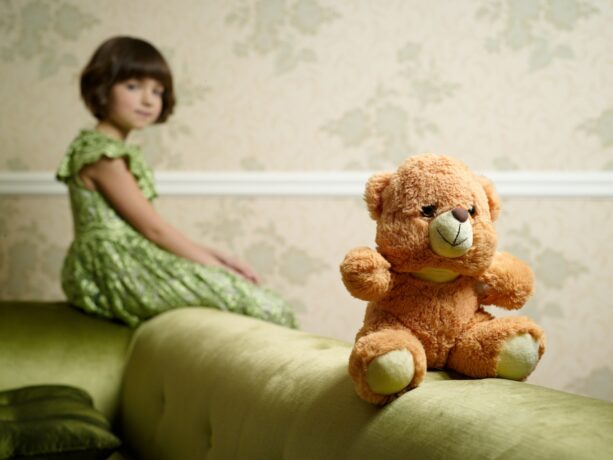
Children and teens who suffer from OCD can often feel more alone for several reasons:
- They lack the developmental capacity to grasp the nature of mental illness and to understand with an adult brain what is going on
- The occurrence in children is lower (1 in 200) making it less likely to come across others who suffer and are open about it
- The average age of onset is 19 years old
- When OCD starts in childhood, it usually takes a more severe course
However, there are incredible upsides.
- Children are resilient
- In areas that adults are prone to overthink all the possibilities, kids, even in their fears, can be more viscerally aware of what’s right in front of them
- There’s no better time than today, and changes earlier are better in terms of the brain, outcomes, and anything in terms of recovery
Here are some quick, vetted resources on OCD in children and teens:
unstuck: an OCD kids movie
This “family-friendly short film that lets kids and teens speak truthfully about Obsessive Compulsive Disorder (OCD) and explain how they learned to face their fears and regain control of their lives”—go to https://www.ocdkidsmovie.com/ to find out more.
Child Mind Institute—The Story of Ben
“Ben was plagued with fears that his parents would disappear. For a while his rituals—touching things, saying things—worked to allay them, but eventually the anxiety got so overwhelming he couldn’t go to school. He could barely leave his room” (Child Mind Institute).
Rogers Behavioral Health—Maya’s Story
Maya didn’t think her OCD was that bad, until realizing it was and getting help (Rogers).
TedX—Julia Cook
In this adult reflection, Julia shares of her severe childhood OCD (TedX).
Natasha Daniels—AT Parenting Community
Natasha is both a therapist and a mother of anxious children who helps other parents and children on their road to freedom (AT Parenting Community).
You’re Not Alone
You’re Not Alone! People recover every day, even with high severity to their suffering!

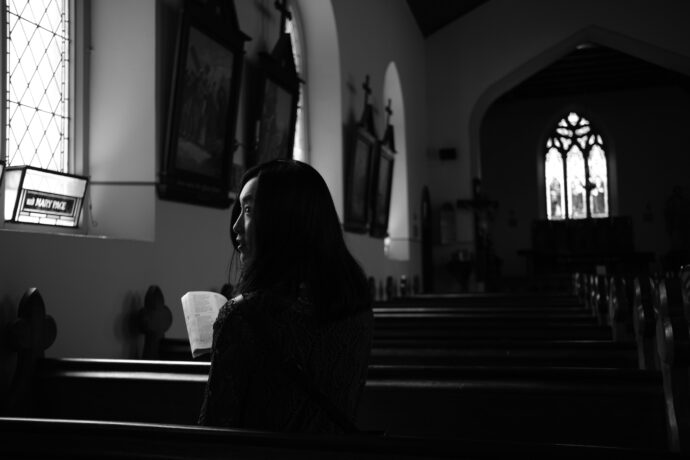

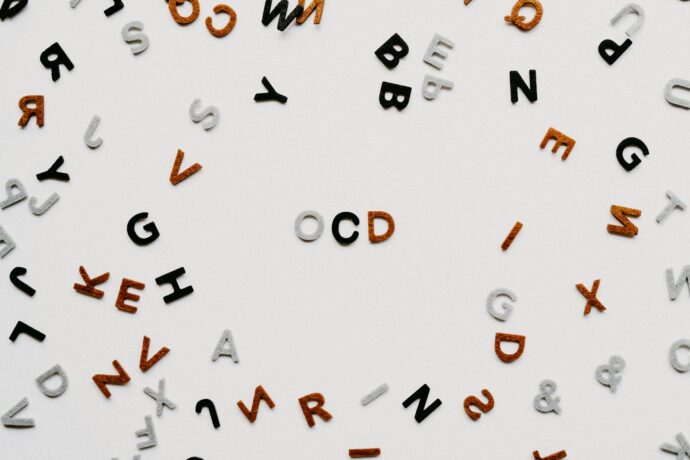
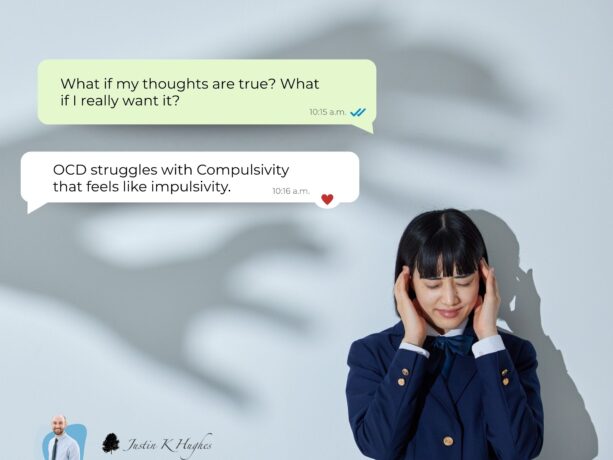

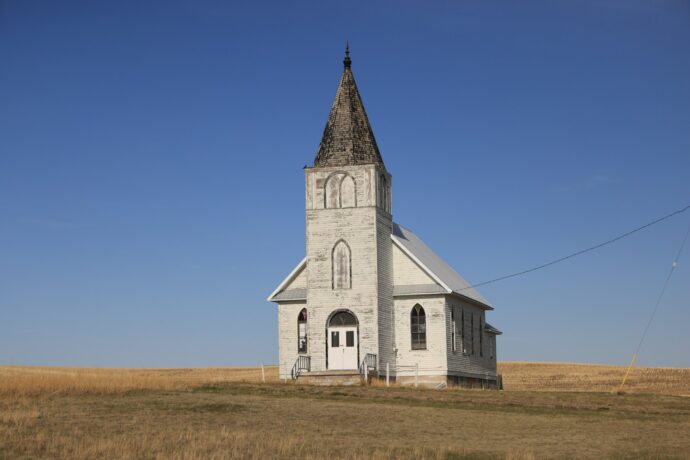

Leave a Reply